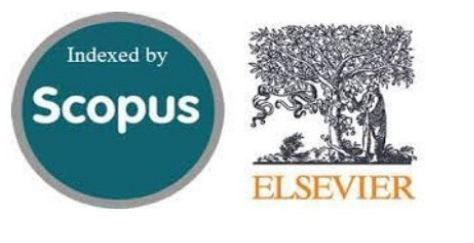The Effect of Resistance Training and Vitamin D on Leptin and HDL-C in Overweight Women
Keywords:
Obesity, Dyslipidemia, Resistance Training, Vitamin DAbstract
Background: Exercise training and vitamin D consumption are separately reported to be effective on improving health. However, the simultaneous effect of resistance training and vitamin D is not clear yet. However, there is no information available on the resistance training and the amount of vitamin D prescription. In addition, it is important to examine this issue in women who are known as an active and effective part of society. Methods: The participants (n = 40) of this study were randomly divided into four groups as follows: (1) placebo, (2) resistance training, (3) vitamin D, and (4) resistance training + vitamin D. In this study, interventions were performed for an 8-week period (3 D/W) consisting of resistance training protocol (60% 1-RM) and daily consumption of vitamin D (1000 IU). Anthropometric and laboratory measurements were collected 48 hours before and after the intervention. Results: Changes in HDL-C (P = 0.001, F = 6.3), total cholesterol (P = 0.001, F = 7.8), and leptin concentration (P = 0.001, F = 11.4) were significant. Accordingly, these changes in the study variables showed a better improvement in the resistance training + vitamin D group compared to the other groups (P = 0.001). Conclusions: Probably the most important factor for the observed changes was the reduction of adipose tissue caused by resistance training, as well as the enhancement of signaling pathways resulting from the consumption of vitamin D. However, maintaining muscle tissue caused by resistance training can be effective. Moreover, HDL change due to resistance training and its effect on reverse cholesterol transport may occur faster than LDL-C changes. Also, the improvement in LDL-C appears in response to longer periods of exercise along with drug therapy.
Downloads








